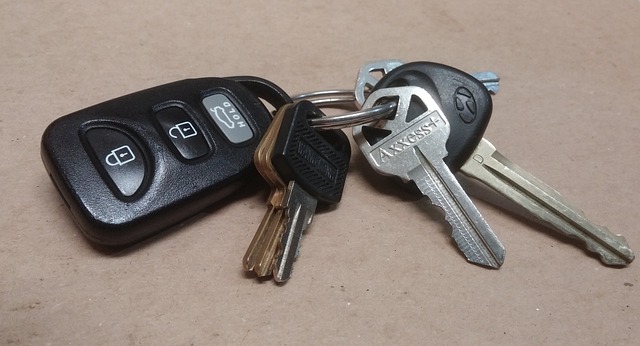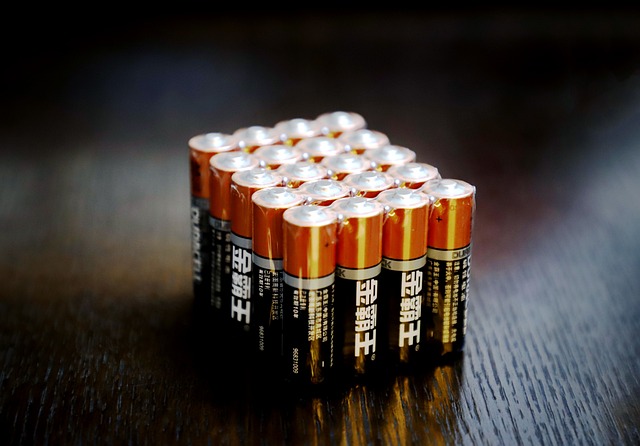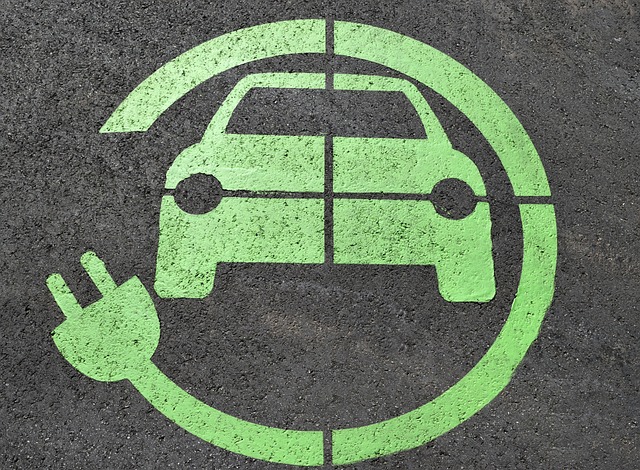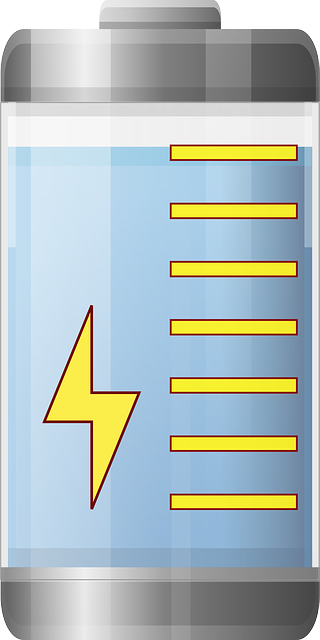2023 has highlighted the critical importance of sustainable practices in event management, particularly with the focus on recycling button batteries due to their environmental and health risks. These small batteries, found in devices like hearing aids, watches, and remote controls, contain toxic materials such as mercury, lithium, and zinc, which can cause harm if improperly disposed of. It's essential for event organizers to provide clear instructions for segregating these batteries from regular waste and to set up designated collection points. The year has seen advancements in recycling technology, including the use of smart sensors and AI for improved sorting, Faraday cage-lined containers for safe storage, and GPS tracking for real-time monitoring during transport. These technological integrations not only enhance operational efficiency but also promote transparency and responsibility across the recycling value chain. Educational initiatives, such as art exhibitions and tech swap events, have been proposed to raise awareness about the importance of button battery recycling and to encourage environmentally conscious disposal habits among the public. The integration of these initiatives with data-driven metrics allows for the evaluation of their impact and informs future strategies. Additionally, educational outreach at events is crucial for long-term behavior change, with social media campaigns and local media coverage helping to amplify the message and promote a broader commitment to sustainability in the community.
2023 heralds a pivotal year for environmental stewardship, with recycling events playing a key role in the sustainable management of waste. Among the myriad items demanding our attention are button batteries, which pose a significant environmental risk if disposed of improperly. This article offers seven actionable tips to enhance your recycling event’s effectiveness and promote responsible disposal of these tiny yet hazardous elements. From understanding the basics of button battery recycling to leveraging technology for streamlined collection, this guide provides insights on how to source local collection points, educate participants, partner with industry stakeholders, and measure the success of your efforts. Embark on a journey to safeguard our planet by integrating these strategies into your next recycling event.
- Understanding Button Battery Recycling: The Basics
- Sourcing Local Collection Points for Button Batteries
- Educating Participants on Safe Battery Disposal Practices
- Innovative Event Ideas to Promote Button Battery Recycling
- Leveraging Technology for Efficient Button Battery Collection
- Partnering with Manufacturers and Retailers for E-Waste Programs
- Measuring Success: Tracking the Impact of Your Recycling Event
Understanding Button Battery Recycling: The Basics

2023 has highlighted the importance of sustainable practices within events, particularly with regard to recycling unique items like button batteries. These small but powerful batteries are commonly found in everyday devices such as hearing aids, watches, remote controls, and children’s toys. Proper disposal and recycling of these batteries are crucial due to their high risk of causing harmful reactions when discarded improperly. Recycling button batteries prevents the release of hazardous substances like mercury, lithium, and zinc into the environment.
To recycle button batteries effectively, understanding the process is key. Events focused on recycling should provide clear instructions for attendees. These instructions should include separating button batteries from other waste and placing them in designated recycling containers. Many electronic waste recycling programs accept button batteries, ensuring they are processed safely and responsibly. It’s also essential to know that different types of button batteries require different handling procedures; for instance, alkaline button batteries can typically be disposed of with regular trash, while rechargeable and non-rechargeable lithium-based ones should always be recycled due to their potentially dangerous compositions. By implementing these guidelines at your event, you contribute significantly to the conservation of resources and the protection of public health and the environment.
Sourcing Local Collection Points for Button Batteries

When organizing recycling events with a focus on button batteries, one of the most critical steps is to establish convenient and accessible local collection points. These tiny but powerful batteries, often found in hearing aids, remote controls, and electronic devices, pose a significant environmental hazard if not disposed of properly. To facilitate the responsible disposal of these items, event planners should collaborate with local waste management authorities or recycling centers. These partnerships can lead to the designation of specific collection points where participants can drop off used button batteries. By leveraging existing infrastructure and encouraging the use of these points, you not only promote environmental stewardship but also streamline the recycling process. It’s important to publicize these locations well in advance of your event to ensure a high participation rate. Utilize various channels such as social media, local newspapers, and community bulletin boards to spread the word. Clearly communicate the importance of proper battery disposal and provide clear instructions on where and how to recycle them, emphasizing the ‘button battery’ specificity to avoid confusion with other types of batteries. By making it easy for attendees to participate in the recycling effort, you contribute to a safer environment and set a positive example for others to follow.
Educating Participants on Safe Battery Disposal Practices

As part of a commitment to sustainability, educating participants on safe battery disposal practices is paramount during recycling events. It’s crucial to handle button batteries with care due to their risk of causing harm if ingested by humans or animals. These small but powerful batteries, often found in everyday devices such as hearing aids, toys, and remote controls, contain a corrosive liquid that can lead to severe chemical burns if the batteries are broken. To mitigate these risks, events should provide clear signage and instructional materials on proper disposal methods. Encourage attendees to keep button batteries out of reach of children and pets and to place used batteries in designated disposal containers. These containers should be clearly marked and easily accessible throughout the event venue. Additionally, providing information on local hazardous waste collection points can ensure that these batteries are disposed of responsibly after the event. By fostering awareness and promoting safe practices, events can significantly reduce the environmental and health impacts associated with improper battery disposal. This not only contributes to the well-being of our communities but also sets a positive example for future recycling initiatives.
Innovative Event Ideas to Promote Button Battery Recycling

2023 presents a unique opportunity to innovate in event planning with a focus on recycling, particularly for items like button batteries, which pose significant environmental risks due to their toxic composition and non-biodegradable nature. To promote recycling of these small but hazardous components, organizers can host interactive and educational events that not only raise awareness about the impact of improper disposal but also demonstrate simple and effective recycling methods. One such event could be a “Button Battery Art Expo,” where artists create art using repurposed devices containing button batteries, illustrating the potential of these items even after their initial use. This visual reminder of the lifecycle of button batteries can inspire attendees to think creatively about sustainability and responsible disposal.
Additionally, organizing a “Tech Swap & Recycle Fair” can serve as a community hub for electronics exchange where individuals can trade in gadgets containing button batteries for newer models, ensuring that these batteries are handled responsibly. The fair can include workshops on electronic waste management, providing participants with the knowledge and tools to recycle their button batteries properly. Such events not only promote recycling but also foster a sense of community responsibility towards environmental conservation, making them both informative and impactful.
Leveraging Technology for Efficient Button Battery Collection

2023 has ushered in a new era for recycling events, particularly with the focus on sustainable practices for handling button batteries. These small but potentially hazardous batteries, commonly found in everyday devices like remote controls, hearing aids, and watches, pose a significant environmental threat when improperly disposed of. To mitigate this issue, leveraging technology is paramount. Innovative recycling systems equipped with smart sensors can now efficiently sort and collect these batteries from the waste stream. These advanced machines use image recognition and artificial intelligence to identify button batteries among the clutter of electronic waste, ensuring a higher recovery rate and reducing the risk of environmental contamination.
Moreover, technology plays a crucial role in the safe storage and transportation of collected button batteries. Specialized containers with Faraday cages protect against electrical short circuits, while GPS tracking provides real-time updates on the collection process. This integration of technology not only streamlines logistics but also enhances transparency and accountability in the recycling value chain. By adopting these smart solutions, event organizers can significantly improve the efficiency and effectiveness of button battery recycling programs, contributing to a safer planet and promoting responsible consumption habits among participants.
Partnering with Manufacturers and Retailers for E-Waste Programs

Measuring Success: Tracking the Impact of Your Recycling Event

Incorporating “button battery” recycling into your event’s sustainability efforts not only addresses a specific environmental concern but also serves as a measurable indicator of success for your recycling initiatives. These small batteries, often found in hearing aids, watches, and electronic devices, pose significant risks if disposed of improperly, due to their ability to cause severe chemical burns when ingested. To accurately gauge the impact of your event’s recycling efforts, establish clear metrics beforehand. Utilize a system to count the number of button batteries collected and compare this to past events or industry standards. This data can reveal trends and help refine future recycling strategies. Additionally, consider partnering with local hazardous waste facilities to ensure proper disposal and to potentially receive feedback on best practices for handling such materials. By setting up clear tracking mechanisms and engaging with local waste management authorities, your event can contribute valuable data to the broader understanding of electronic waste recycling rates and challenges. This not only enhances the environmental impact of your event but also sets a benchmark for others to follow in promoting responsible battery disposal and recycling.
The success of a recycling event is multifaceted, encompassing not just the volume of materials collected but also the engagement and education of participants. To this end, incorporating educational booths or workshops that highlight the importance of proper battery disposal, including the risks associated with button batteries, can significantly enhance the event’s overall effectiveness. By providing attendees with clear information on how to identify and responsibly dispose of these items, you empower them to make better choices beyond the scope of your event. This educational component, when effectively measured through surveys or feedback forms, can indicate the long-term success of your recycling event by showing an increase in recycling knowledge among participants. In addition, leveraging social media and local press to spread awareness about your event’s focus on button battery recycling can amplify its reach and impact, potentially attracting more participants and fostering a community-wide commitment to sustainable practices.
7 Tips for Recycling Events This Year have outlined a comprehensive approach to addressing the growing concern of button battery recycling. From grasping the fundamental aspects of their disposal to leveraging local collection points and educational initiatives, this guide emphasizes the importance of community engagement and technological innovation in promoting responsible e-waste management. By partnering with manufacturers and retailers, events can amplify their impact, ensuring that these small but potent batteries are recycled correctly. Ultimately, by implementing these strategies, organizers can significantly contribute to the safety of our environments and the well-being of future generations. The success of such initiatives should be measured not only by the volume of button batteries collected but also by the awareness raised and the lasting behavioral changes encouraged within communities.



